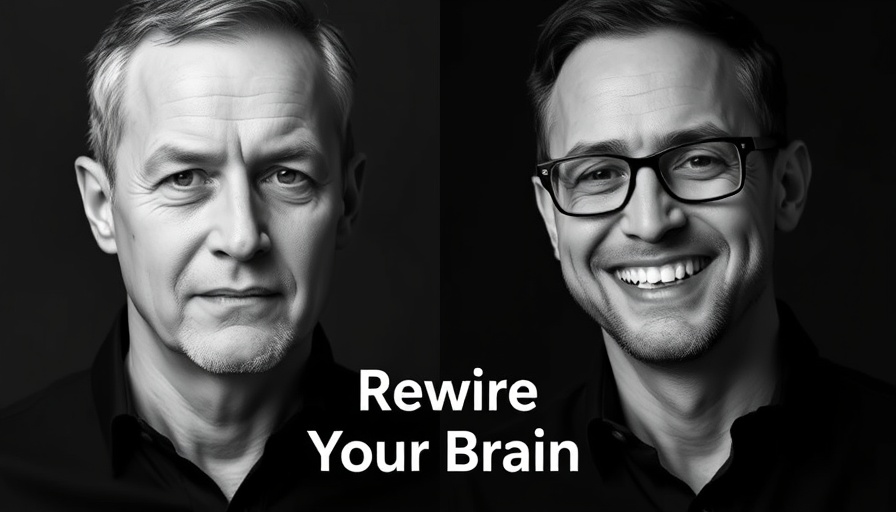
The Power of Neuroplasticity: Rewiring Your Brain for Learning and Healing
In a world full of distractions and challenges, the capacity of our brains to adapt and change, known as neuroplasticity, has become a fascinating focal point for researchers and health enthusiasts alike. In a recent discussion, neurobiology expert Dr. Michael Kilgard shed light on this dynamic ability, particularly how adults can enhance learning and recovery through specific strategies.
In 'How to Rewire Your Brain & Learn Faster | Dr. Michael Kilgard', the discussion dives into neuroplasticity and its importance for learning, exploring key insights that sparked deeper analysis on our end.
Understanding Neuroplasticity
Neuroplasticity is the brain's remarkable ability to reorganize itself by forming new neural connections throughout life. Dr. Kilgard emphasized that although we previously believed this plasticity was primarily limited to children, evidence now shows that our brains remain capable of change well into adulthood. Factors such as learning environments and chemical stimuli significantly influence this adaptability.
Strategies for Enhancing Learning
During the discussion, Dr. Kilgard outlined actionable strategies for rewiring the adult brain, making it more receptive to learning:
- Vagus Nerve Stimulation: This approach involves stimulating the vagus nerve to enhance the release of neuromodulators like acetylcholine and norepinephrine, which can potentially enhance focus and learning capacity.
- Mindful Reflection: Dr. Kilgard highlighted the significance of reflection. Taking time to think back on learning experiences can reinforce neural connections, making it easier to recall information in the future.
- Embrace Challenges: Engaging in activities that require focus and practice—whether learning a new language or skill—pushes the brain to adapt and form new connections.
A Blend of Tools for Improvement
As Dr. Kilgard's research suggests, enhancing brain function involves more than just one method. While vagus nerve stimulators show promise for improving conditions like tinnitus, the integration of various approaches—medication, therapy, and cognitive challenges—is crucial for broader improvement in mental health and learning.
This multi-faceted approach underscores an essential reality: the road to recovery and improvement is rarely straightforward. Whether targeting mental health, academic performance, or a substantive health challenge, the interplay of behaviors, therapies, and neurological interventions plays a pivotal role.
A Call to Action
As we continue to explore the potentials of neuroplasticity and its implications for mental health and long-term adaptability, it becomes increasingly vital for health enthusiasts and professionals alike to advocate for diverse methodologies in treatment and personal growth. If you’re interested in optimizing your brain’s potential, consider exploring vagus nerve stimulation or other progressive techniques that enhance neuroplasticity. Together, we can take action to improve our learning capabilities and overall mental wellness.
 Add Row
Add Row  Add
Add 


Write A Comment